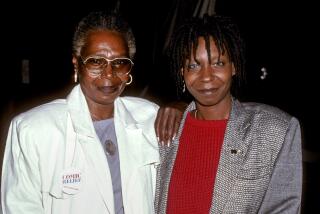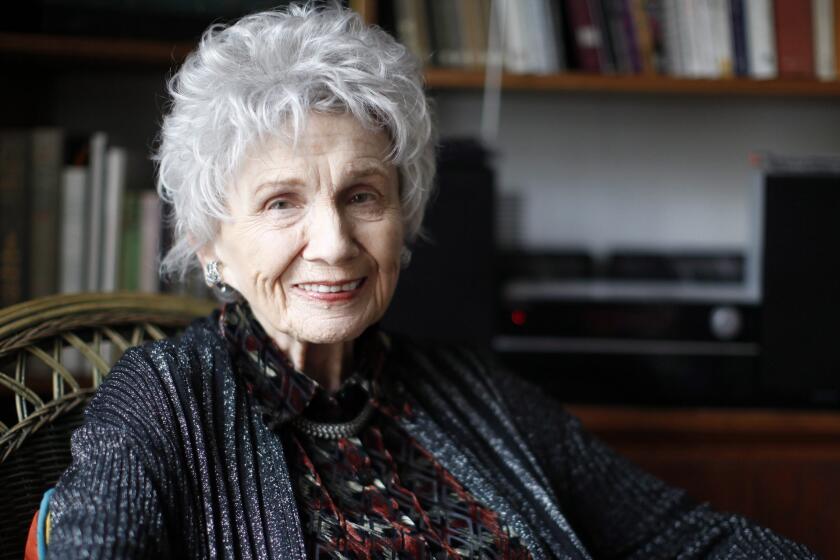FERRIS BEACH<i> By Jill McCorkle (Algonquin Books of Chapel Hill: $18.95; 343 pp.) </i>
For Kate Burns, the teen-age narrator of Jill McCorkle’s fourth novel, growing up in the 1960s and ‘70s in North Carolina is a matter of solving mysteries and learning how to discriminate.
The mysteries, as in most Southern novels, cluster on family trees like bats. What is the root of the antagonism between Kate’s prim, Boston-bred mother and her father’s glamorous, wayward cousin Angela? What is the connection between Angela and Mo Rhodes, the mother of Kate’s best friend, Misty? Why does Mo abandon her family during a Fourth of July picnic and run off with a lover?
The discriminating has little to do with blacks. As issues go in “Ferris Beach,” race ranks a distant second to class. There are stuffy, respectable people, like Mrs. Poole, the neighborhood gossip and social arbiter. There are fun people, like Mo and Angela, whom Kate wishes were her real mother. And there are people from the wrong side of the tracks, like Merle Hucks, Kate’s first boyfriend. Only her father, a home-grown liberal and eccentric, seems able to move freely among them all.
McCorkle (“The Cheer Leader,” “July 7th,” “Tending to Virginia”) advances Kate’s education in two ways. One is the simple passage of time in a small town rendered with exact and affectionate detail; some mysteries clear up naturally as Kate gets older. The other is a series of brutal shocks: a gang rape, a fatal fire, the deaths of Misty’s mother and Kate’s father, her own mother’s discovery of her affair with Merle.
Painfully, Kate learns to distinguish between stuffy and solid, glamorous and heedless, good people and the bad places they sometimes come from. What McCorkle has learned is how to keep messages like this from spoiling a story. Her skill with character, in particular, adds an adult dimension to a novel that will also appeal to readers Kate’s age.
More to Read
Sign up for our Book Club newsletter
Get the latest news, events and more from the Los Angeles Times Book Club, and help us get L.A. reading and talking.
You may occasionally receive promotional content from the Los Angeles Times.






